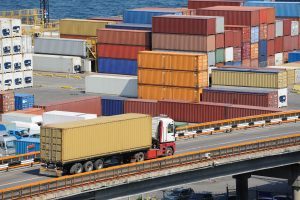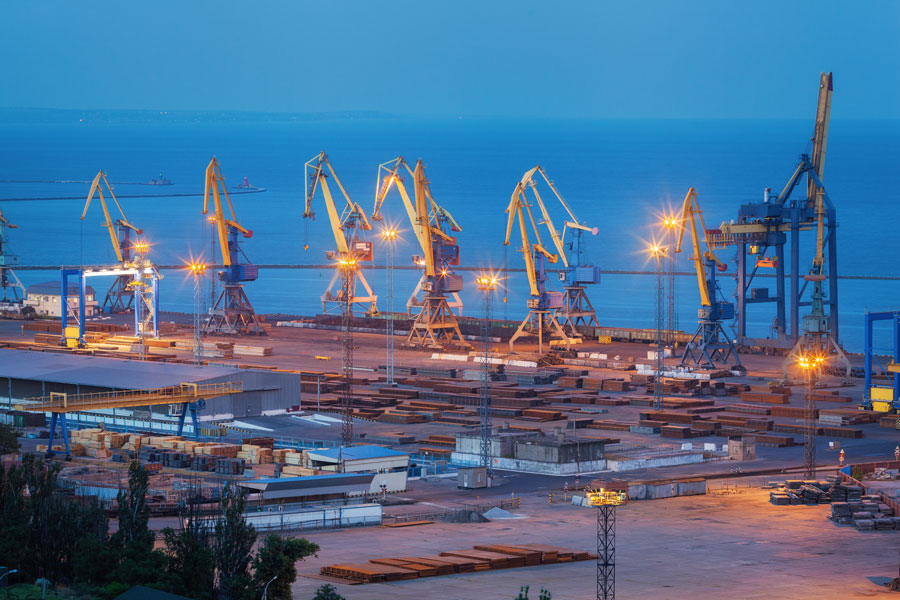For the port terminal focused on improving its competitiveness with shippers, automating vehicle appointments also offers a marketing opportunity.
Addressing this problem can become a marketing tool for the growing and ambitious port.
The transportation industry has been watching with interest, the port congestion situation along the USA’s west coast in recent months. Los Angeles and Long Beach terminal operators have been plagued with delays, causing immense frustration to their shipping customers.
According to a survey that trade magazine Journal of Commerce (JOC) released last month, 65% of 138 shippers they interviewed were considering permanently diverting cargo to ports outside the west coast area because of the delays.
Causes of the congestion are complex and interlinked, with the JOC identifying 12 major causes including cargo volume increases and labor relations issues. A significant component has also been truck queues at gates.
A survey conducted at west coast terminals showed that in October 2014 over a third of truck turns (queuing, delivering and leaving) were over two hours, double the accepted maximum for efficient delivery of cargo.
Like any infrastructure, port terminals are built to handle a level of peak congestion. Most of the time they can cope easily with volume, but at the peak things get challenging, including managing truck traffic. According to industry reports, congestion starts to emerge when a port is operating at 80% of capacity.
Truck congestion is a lever most ports can pull to reduce pressure on their infrastructure during peak times. Automation can help allocate truck visits more efficiently, improving carrier experience and also reducing local impacts like excessive noise or carbon emissions.
For the port terminal focused on improving its competitiveness with shippers, automating vehicle appointments also offers a marketing opportunity. Freight transport providers are increasingly focused on gaining market share not by cutting prices, but by delivering more value to their customers for the same cost. Ports that can reach down the supply chain and help make freight flow more efficiently between transport modes offer a real value proposition to shippers.
Read more about how your terminal can manage the flow of vehicles through your gate operations in our Vehicle Booking System fact sheet.


